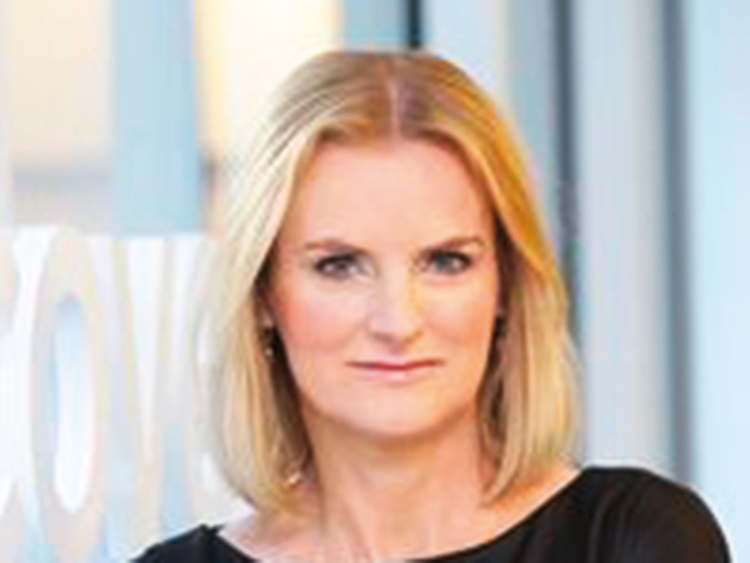
Dubai
Need to choose between TV and any web-based platform on which you want to receive content? Viewers in the Gulf are still making up their minds, with those preferring TV still holding their own against the growing army of audiences rooting for web-TV.
But for channel broadcasters, there is no such differentiation. “It’s never an either/or situation between content for TV and for our streaming services,” said Kasia Kieli, the President and Managing Director of Discovery Networks for Central Europe, Middle East and Africa territory. “It is all about and-and-and. That’s the world content creators live in now.
“Sure, Discovery’s strategies shifted towards digital to super-serve the millennial audience … because that’s where they are. But we are not losing sight of the viewer base that exists elsewhere.
“That means sticking with a multi-platform approach, which covers free-to-air channels, being on pay-TV and then being delivered on web.”
Discovery sure is prepping itself to stay in contention across all choice options. In the region, it is making full use of Fatafeat — the Arabic language food — channel — it picked up after acquiring Dubai-based Takhayal Entertainment in 2012. Fatafeat went in for a complete revamp in mid-2014 and has since been fed a steady diet of high-viewing content for both the TV channel and its digital counterpart.
“That meant creating short-form videos and with viewers able to upload their culinary choices via the dedicated app,” said Kieli. “Video content means we can create real-life stories from within the region.” (For Fatafeat specifically, that means more than 1,500 short-form videos a year.)
For TV networks, it is an opportunity to put together packages and pricing schemes that Middle East audiences can be comfortable with. Pay-TV still has its diehard adherents, who sign up to view the latest movies and TV shows at the earliest available slot. With certain TV shows, the window between their US or UK airing and their local pay-TV availability is near immediate.
And then is Netflix and all of the other streaming service providers. With their easy-to-access monthly payment schemes, they have gained traction. And the Netflix brand cachet and its roster of shows — “Breaking Bad”, “Orange is the New Black” and “Stranger Things”, among others — is proving a major draw.
Outside of Fatafeat, the Discovery portfolio builds on its core strengths such as the hugely popular lifestyle channel TLC, Animal Planet and, of course, the flagship, Discovery Channel.
“The key point is that even as we generate as much local content, it should ideally be one that travels globally,” said Kieli. “We would prefer if it’s not just limited to one market.”
Another of its interests, Eurosport, has got the broadcast — and with it the bragging — rights for the next four Olympic Games in the Europe territory. “The channel’s developing nicely to be the biggest (sports channel) in Europe,” Kieli said. “There are further verticals that we hope to bring out around our core content.”
Clearly, the debate about TV versus the rest is not a distraction for Discovery.












